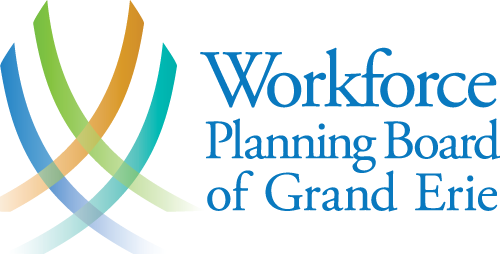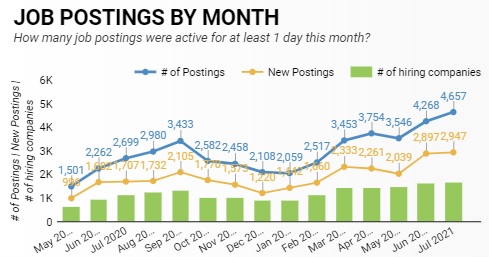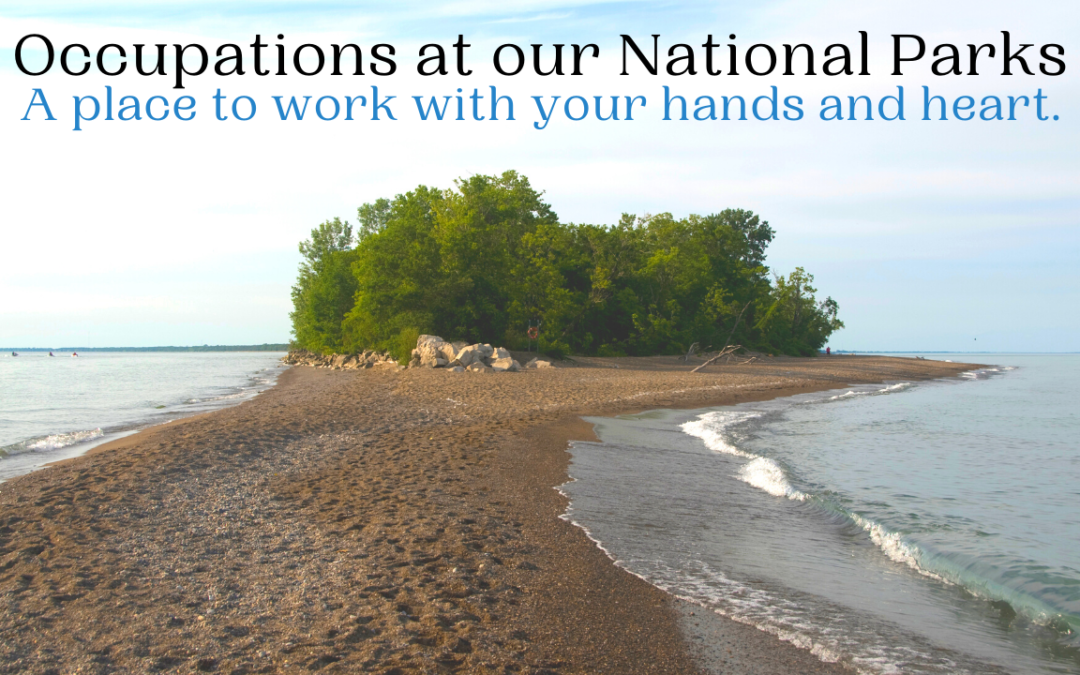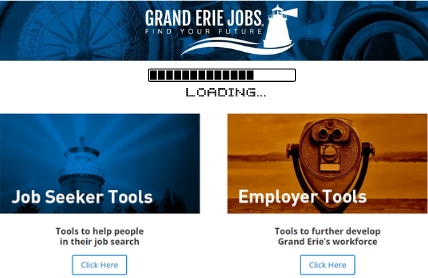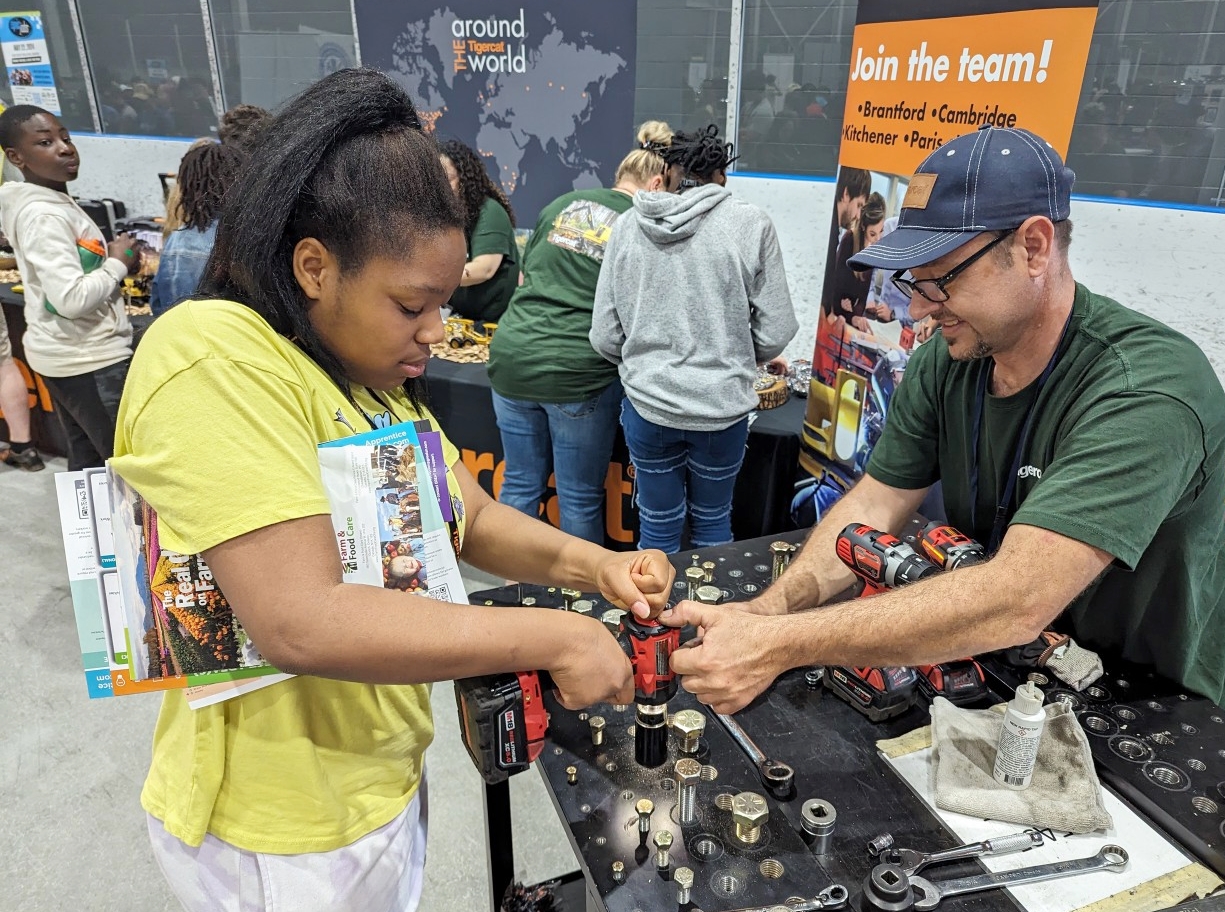
Gary Beemer: Rewarding career helping people
Gary Beemer built a rewarding career helping people.
The Workforce Planning Board of Grand Erie interviewed him on his retirement:
I began working for Haldimand Norfolk Health and Social Services in 2011, originally as an Employment Case Manager. After a brief contract at Community Addictions and Mental Health I returned to HNHSS in 2013, once again as a case manager. In 2014, I became the Program Manager for Employment and Community Supports, which is a position I retained until my retirement in July 2021. Prior to being hired by Norfolk County, I was employed by St. Leonard’s Community Services as a Job Developer and Employment Consultant for 4 years. Prior to that I had been employed in automotive dealerships, a health care union, a golf course and a museum. My original full-time work was as a gardener at the Royal Botanical Gardens.
- Tell us about the work your organization does – what have been some of the developments, accomplishments and milestones you’ve seen with your team over the years
At Social Services, the Ontario Works staff provide financial resources and supports to vulnerable people, in order help them stabilize their lives to prepare them to re-enter the workforce. When I started at HNHSS, I was part of the employment team. We supported people in finding work, developing skills and training to make themselves employable, and we assisted them with retention once they found work. The retention piece, which was supported by two Career Coaches, was a model that kept our office at the top of employment outcomes in the province for many years. Other offices have copied this idea and added retention personnel to their operations. Another innovation is the Community Support Worker program which we developed in our office to meet local needs. This program has been very successful in providing supports and advocacy for our most vulnerable clients. These are people who have experienced trauma, addictions and mental health issues. The Community Support Worker team works with these clients to stabilize their issues in order to begin consideration of taking on education, training or employment. The Community Support Worker program remains, as does a Lifeskills Coach, who conducts daily workshops (currently online) to support our clients transition to employment services provided by our local community partners.
- What made you pursue your career? What led you to take a job in this community?
I went to university as a mature student and graduated during a recession in the early 1990’s. While at university, I became very interested in employment issues. While working for a provincial union, I became more and more interested in employment issues. After leaving that position, I began working in the automotive service industry, but it really wasn’t what I was passionate about. I became more and more attuned to employment issues, particularly around automation and precarious employment. I enrolled in the Career Development Practitioner program at Conestoga College and found I really enjoyed employment services, so I applied and was successful at getting a job with St. Leonard’s. I was very intrigued by the employment market in rural communities and since I lived in Caledonia, the position was perfect for me.
- What have been the greatest rewards and challenges in your work? What are you most proud of?
The thing I am most proud of is the tremendous people I worked with. My team did and does fantastic work across the board and changed many lives. The fact that I was able to support them in the valuable, life-changing work they did and still do, makes me very proud. There are also many outstanding employees in the Social Services department and it was my pleasure to support them in the tremendous work they do in supporting our most vulnerable citizens.
- What are the most important factors in your field as far as supporting clients? What do you see the future of community and employment supports being?
The most important factors in regard to supporting clients, is to listen, be empathetic and address their immediate needs. People who are worried about where they are sleeping tonight aren’t in a position to be job searching – they are just trying to survive. In the current economic situation, many people are in positions they never would have dreamed they would have found themselves in. The future for community supports is to continue to provide life stabilization to those in need. This is primarily in finding safe and secure housing, and to assist people in finding employment that pays enough to take care of their basic needs. What the COVID pandemic has proven is the need for, at the very least, a living wage. Employment supports are getting trickier as I think that COVID has also opened up a lot of opportunities for online work which requires education and skills that a lot of people don’t have. Education and training is going to be more and more important, and I fear that when people leave the community to obtain required skills they may not return, which has been the case for quite some time.
- What advice would you give to someone interested in pursuing your career? And/or do you have any advice for those currently training for a future career like yours?
I would tell anyone interested in entering this field to come to in with an open mind. Most people on benefits are not on them because they want to be, but because of some life altering event or trauma. Some people recover quicker than others and it is important to work with them from a place of empathy and kindness, whenever possible. This work is very challenging but can also be very rewarding. One must always remember that the clients are in survival mode and many are overwhelmed, so the progress you make with them sometimes is very minimal, but it is important to support them in their journey, at their pace, not yours. There are many success stories out there and when you have supported someone to become successful, there is no greater feeling.
- What continuing role would you like to play in the community going forward?
I’m not sure right now, there are many changes coming on the Social Services front and I would love the opportunity to provide assistance with some elements of that. I think that my life and employment experiences have given me a lot of insights and ideas that could be used in the community, but I have no plans right now.
Local Training and Certification for careers like Gary’s:
Post Secondary education in Social Service Worker, Career Development Practitioner, Social Work, Psychology, Labour Studies.



